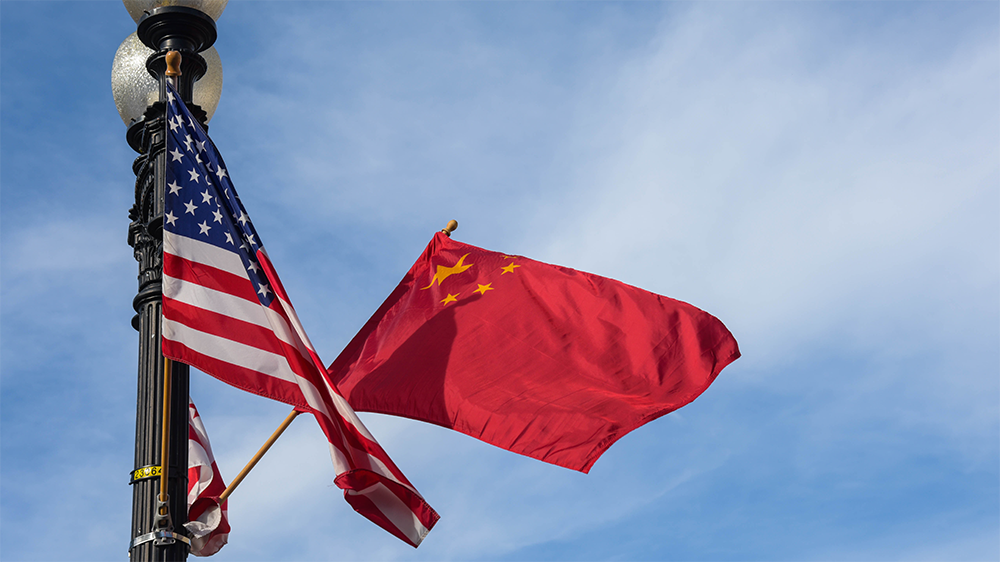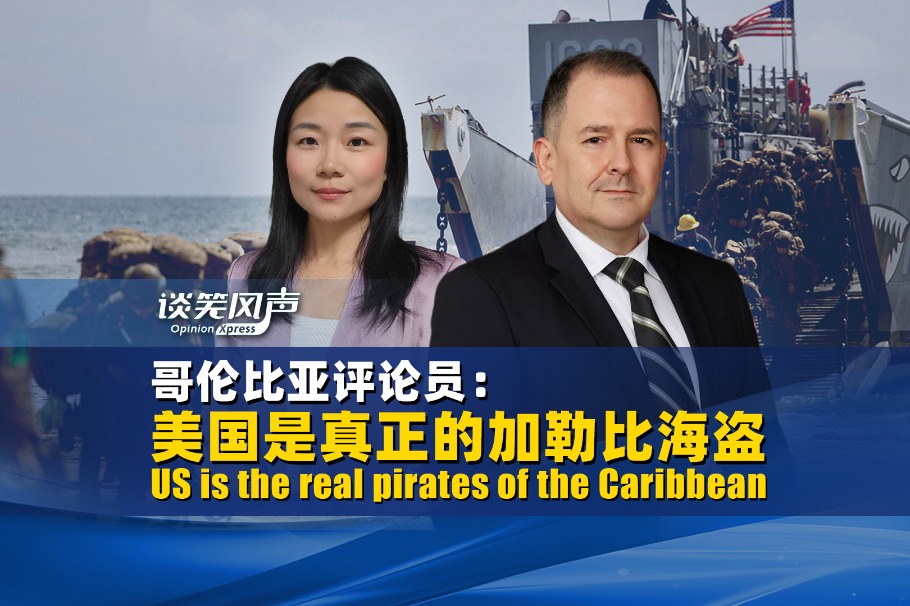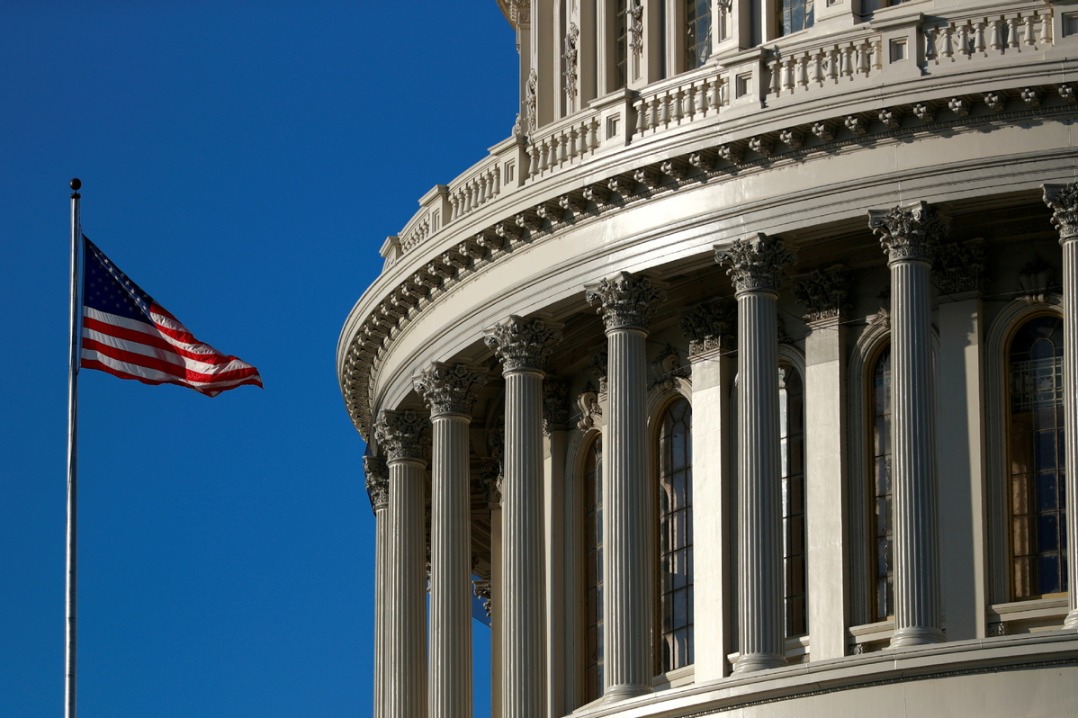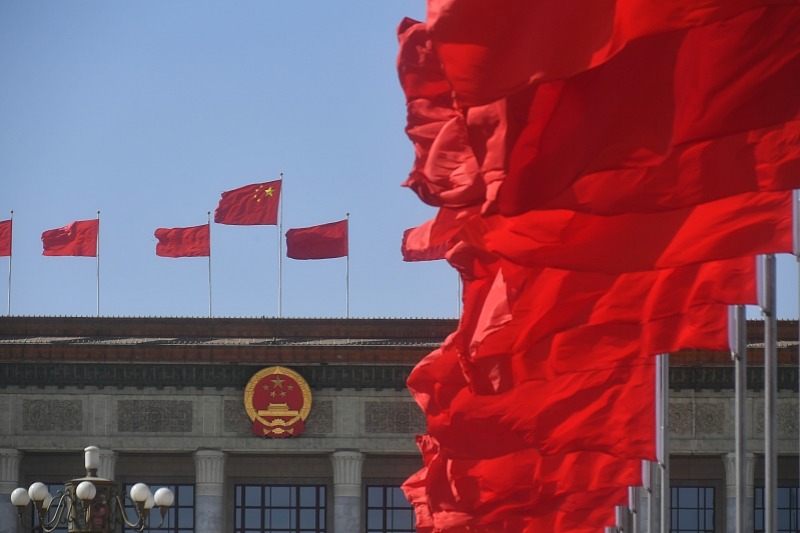Right ballasts can steady China-US ties


China-US relations have experienced turbulent times in recent years. While economic interdependence formed the initial "ballast", imbalances have grown, threatening to capsize the friendship. However, with adjustment, economic relations can still serve as ballast. But two new ballasts are also needed - understanding mutual destruction incentives and restructuring global governance with a reinvigorated multilateral system. This balanced and long-term approach can help steady the ship through challenging times.
Adjusting the old ballast
The original ballast in China-US ties was economic and trade relations. However, accumulating asymmetries over decades have shifted this heaviest stone, tilting the vessel. Trump supporters were angered more by perceived job losses than China's system. They blamed globalization for declining prospects in the Rust Belt.
The bilateral trade is mutually beneficial. During the post-Cold War period, only one economy stagnated - revealing who gains from decoupling. Economic ties can still stabilize relations if this ballast is repositioned properly. Both sides bear shared yet differentiated adjustment responsibilities.
China should further reduce trade surpluses by expanding domestic demand. It must accelerate common prosperity, boost welfare spending, and better protect labor and environment - ongoing efforts that can be strengthened.
The US should relinquish dollar hegemony. After 1971, the dollar replaced gold as world reserve currency through unilateral actions. This changed global monetary order in Washington's favor but hollowed out US industry and strained social cohesion. An honest reckoning of history is needed to inform citizens.
With adjustments from both, economic interdependence can find a new equilibrium stabilizing ties over the long run.
Adding new ballasts
The first new ballast involves mutually assured destruction, not just through nuclear weapons but across economics, technology, diplomacy and other spheres. Demonstrating catastrophic costs of escalation through rigorous war gaming could foster new understanding that instability damages all.
After a decade of deterioration compounded by the pandemic's disruptions, both sides understand the other more - even if relationships remain complex. Competition has bred some element of parity and respect, according to evolutionary game theories. Cooperation may emerge from antagonism if mutual costs are clear.
The second new ballast could be revitalized global multilateralism centered on a reconstituted China-US partnership. As the sole peer powers today, focusing only on bilateral cooperation risks zero-sum games and disputes. Broader multilateral leadership and governance reform is needed.
The international order's structure of power and voice diverged significantly since World War II. Narrowing this gap requires China and US to jointly steer reconstruction of rules and institutions reflecting current dynamics. Only a truly inclusive system stabilizing ties while addressing humanity's shared challenges suits an interconnected world.
While G2 talks failed after 2008, escalating risks today call for rebuilding the multilateral architecture with the two nations as its main pillars. As on an ocean liner, diversified ballast spread throughout the hull enables safe passage during heavy weather.
Finding the right ballast that stabilizes the largest bilateral relationship impacts global stability and prosperity. With good faith adjustment of old economic interdependence and addition of new understandings around mutual vulnerability and strengthened multilateral cooperation, the ship of China-US relations can successfully navigate rough waters ahead. Steady cooperation, not confrontation, best serves our interconnected future.
Xu Ying is a Beijing-based commentator. The article presented is solely the opinion of the author and does not necessarily represent the views of China Daily.
If you have a specific expertise, or would like to share your thought about our stories, then send us your writings at opinion@chinadaily.com.cn or comment@chinadaily.com.cn.


































